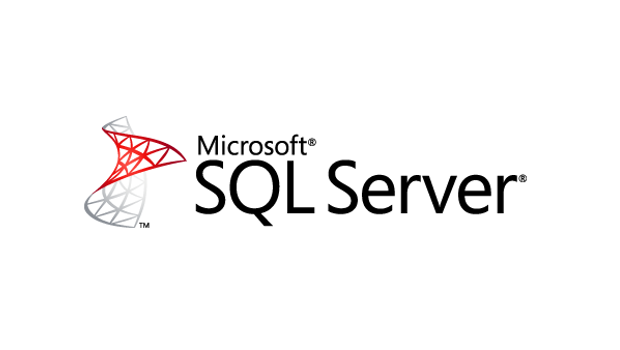Microsoft packed SQL Server 2016 with new advanced features that are supposed to help it compete with a host of other database software. But some of the advanced capabilities in the relational database software were restricted to the most expensive Enterprise edition, but that is about to change.
The first service pack for SQL Server 2016 will give developers a consistent set of features across the Express, Standard and Enterprise editions. That means it is possible to build an app that relies on a feature like in-memory OLTP and test it with the free Express edition, then use the same code with a SQL Server 2016 Enterprise edition database.
From now, developers will only need to pay for the more expensive versions of SQL Server 2016 if they need additional performance, because different versions restrict what sort of hardware people can use. In order to get the most power out of SQL Server, people will still need to pay for the Enterprise edition.
Still, this goes to show the competitive pressure in the relational database market. Microsoft has to fend off both public cloud competitors, open source alternatives and other on-premises vendors. It is good news for customers who want to have a consistent programming experience, without paying for an Enterprise license.
Microsoft general manager Rohan Kumar said during a press roundtable that the move was driven by reduced usage of the advanced features.
The decision has been welcomed by customers.
“With SQL Server 2016 SP1, we can run the same code entirely on both platforms and customers who need Enterprise scale buy Enterprise, and customers who don’t need that can buy Standard and run just fine,” Nick Craver, the architecture lead at online programmer-community Stack Overflow, said in a press release. “From a programming point of view, it’s easier for us and easier for them.”
The release is part of Microsoft’s massive Connect news avalanche. The company also unveiled its first technical preview of SQL Server on Linux, which will allow developers to try out Microsoft’s relational database service on the popular open source operating system.
IDG News Service








Subscribers 0
Fans 0
Followers 0
Followers